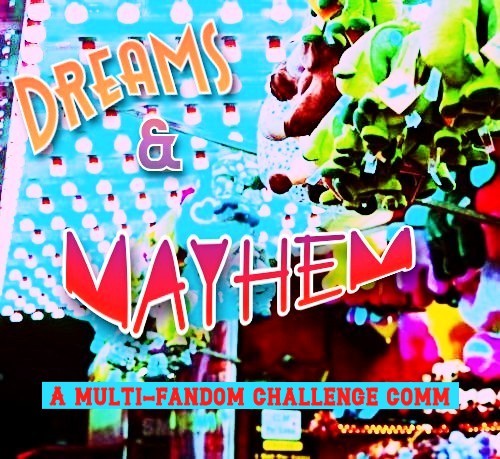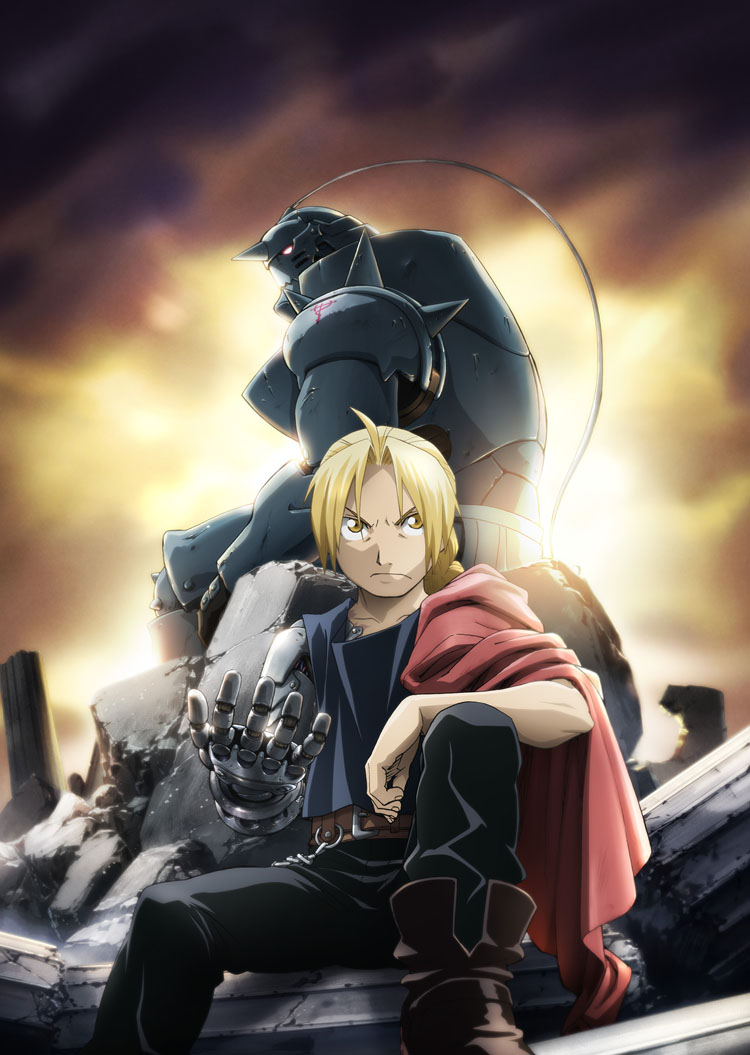In the way that one does on the internet, I recently stumbled across a video interview with Quentin Tarantino and Leo DiCaprio about Rick Dalton, the character DiCaprio plays in
Once Upon A Time In Hollywood. I don’t know much about Tarantino, my family having warned me off his films on the grounds that I’d find them too violent, so this was my first time seeing him and I was charmed by how delightfully nerdy he is – he went on and on about all the different 1950s and 60s TV Westerns he’d shown DiCaprio to give him a feel for the kind of actor Rick Dalton was, until apparently at some point DiCaprio said stop giving me information and give me something I can act (this made me laugh because as an aspiring director at drama school I had once been asked by the instructor who a particular character in a scene I was directing
was, and I said, “He’s the personification of advanced capitalism!” “Well, yes”, said the instructor, “but how is the poor actor supposed to play
that?”). Me and Quentin Tarantino, that makes two of us. Of course, the difference between me and Quentin is that I didn’t really have an answer back then (nowadays everyone would just say “Elon Musk!” and the problem would be solved), whereas Tarantino did; he came up with the actor Pete Duel from the series
Alias Smith and Jones, because one of the other things Quentin Tarantino and I have in common is that we both really, really liked Pete Duel.
Alias Smith and Jones was a kids’ TV Western, which ran for three series – or, rather, ran for nearly two and then limped on for another half – between 1971 and 1973, about two big-name outlaws, Hannibal Heyes and Kid Curry, who decide to go straight and then have to spend a year trying desperately to keep out of trouble, while still being wanted men, in order to convince the authorities that they deserve amnesty. It was a big hit, particularly in Britain where its popularity was such that when Mel Smith and Griff Rhys Jones of
Not the Nine O’Clock News fame named their own comedy series
Alas Smith and Jones, nobody batted an eyelid. I didn’t see
Smith and Jones (of the
Alias variety) when it was originally broadcast but at some point in my early teens I caught some of the reruns on the BBC and promptly developed some very
intense fannish feelings for Pete Duel’s character, Hannibal Heyes. And then at some point I found out that Duel had killed himself. I remember having a very serious discussion with my friend Shari about why he might have done it. Shari, who clearly watched too much of the wrong kind of TV, thought it must have been over a woman, because what else could it be? – while I, an anti-romantic even in my early teens, was sure it couldn’t be that, but had no idea what else could have driven him to it.
Poor Pete Duel was something of a Richard Corey – he may not have been a banker’s only child, but he was good-looking and talented and came from a loving, wealthy family, and he was starring in a hugely popular TV series that looked likely to catapult him into major stardom. But shortly before reaching the end of the second series, an hour or so after midnight on December 31st 1971, he, like Richard Corey, put a bullet through his head.
Tarantino’s theory – based, as far as I can see, on a few interviews with castmates and family which mentioned that he was sometimes “kind of manic” on set, had a serious drinking problem and was depressed, is that Duel was suffering from undiagnosed bipolar disorder at a time when bipolar disorder wasn’t even a thing. Struggling with mood swings, and unaware that brain chemistry was the problem, not him, he self-medicated with alcohol. It was this that DiCaprio was able to seize on in creating Dalton, building it in as psychological subtext, although only the drinking problem is textual in the film.
Hollywood being what it was and is, Universal Studios dealt with the problem of their missing main actor by promptly recasting the character and having the cast and crew reshoot the episode, and all subsequent ones, without him, a strategy which was both mercenary and undoubtedly traumatising and which anyway failed to help, because audiences stayed away in droves. The death of Pete Duel hit a lot of the series’ young fans extremely hard. Tarantino says it was the first time he learned what the words “committed suicide” actually
meant, and mentions that this was also true of 8-year-old Brad Pitt, who ran up to his bedroom to cry when he heard the news. Tarantino, Brad Pitt and me. That makes three of us.
Inspired by the interview, I went digging and discovered that all the episodes of
Alias Smith and Jones (including the recast ones, which obviously are an abomination unto Nugget) are available on the Internet Archive, and so I sat myself down to watch the pilot. And my God, it was like pulling the handle on a time machine. Suddenly I was back in my mother’s tiny sitting room, glued to the TV, flooded with feelings I hadn’t felt in
decades. That hat! The black cowboy hat with the leather band that he sometimes pushed jauntily right to the back of his head. The grey jacket, hanging from his shoulders in a way that somehow made him look oddly vulnerable. The neck scarf, the black gloves, the boots worn over his trousers (the costume designer should have won all the awards going just for the way she dressed Pete Duel; this, I thought in wonderment, this is what
iconic means.) And that radiant smile, the mischief in those brown eyes, the kindness, the wonderful comic timing! It wasn’t just like being 13 again, I felt as if I
was 13, as if all the intervening years had burned away and it was just me and Hannibal Heyes, the two of us against the world.
Nostalgia aside, the series is actually pretty good. It’s a lot of fun and there’s not a lot of real jeopardy. There are villains, but most people are nice and decent, and even hardened outlaws can be known for never having shot anybody in their lives. The comedy is well handled and there’s genuine chemistry between Heyes and Curry, who spark off each other in a way you can’t miss. The partnership is a brain-brawns combo, but not unsubtly done. Curry’s the uneducated one and the hot-head, so it’s lucky he’s also (currently, at least) the fastest gun in the West; Heyes is the schemer, the talker, the ray of sunshine who can pick locks and win poker games. Together, they’re quite extraordinarily charming little chaos gremlins, always in search of a quick buck and a cheap drink but constrained by their desperate desire for amnesty to stick to the right side of the law, even though fate keeps calling them to the wrong side.
It’s a kids’ show, so there’s not much violence by Western standards. People very rarely get killed, and if they do, they deserve it (with the wisdom of hindsight, this is a pretty funny moral message to send: “Hey, kids, don’t be a bully or you’ll end up being an innocent bystander killed by a ricocheting bullet!”) It’s also very white and very male-centric. I’m on episode 13 and I’ve yet to see a black person or a Native American who wasn’t a skeleton, and generally speaking only one woman per episode gets any lines. Often, that woman is the love interest (Curry, at least so far, is drawn to naïve 17-year-olds and prostitutes, but is equally nice to both, while Heyes has a weakness for clever, strong-willed women who genuinely fancy him but not as much as they fancy money). And yet, and yet… In a way you could say that the series is structured around a series of encounters with women, most of whom at least have an agenda of their own, often one that doesn’t quite align with Heyes and Curry’s. Most of them aren’t wet, and at least one of them is a prim little old lady who ends up with both the money and the love of the deputy sheriff.
And, of course, you can’t watch it now - knowing what happened to Pete Duel, knowing that he hated the show and never wanted to do it in the first place, that he wanted to do work that was genuine and meaningful, and ended up trapped by his own success in a cheap, lightweight entertainment property - without searching for some of that darkness in Heyes, for the moments when his unsinkable cheerfulness wavers and the despair shows through. It never does, though – I suppose that’s what fanfic is for.
Here’s Pete Duel in his iconic outfit, with his hat pushed back:

And for interested parties, here’s the interview with Tarantino (you can’t really say it’s with DiCaprio because he can hardly get a word in edgeways):







